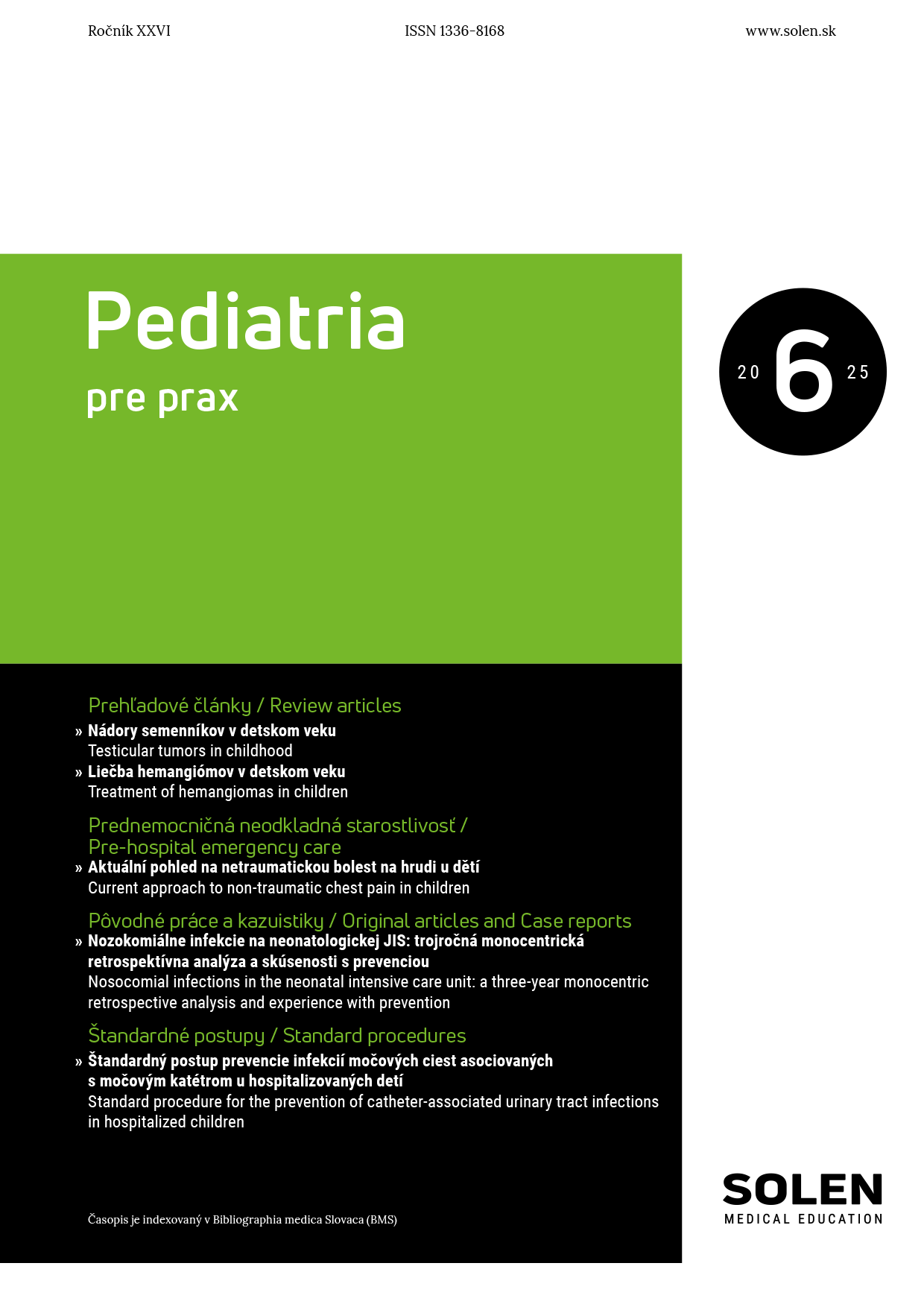Onkológia 1/2024
Postavenie ozimertinibu v liečbe karcinómu pľúc
Ozimertinib je perorálny, selektívny, ireverzibilne pôsobiaci tyrozínkinázový inhibítor tretej generácie účinný nielen na aktivujúce mutácie EGFR génu, ale aj rezistentnú mutáciu T790M. Svojou účinnosťou v širokom spektre indikácií vykazuje superioritu voči EGFR TKI nižších generácií. Nie je zanedbateľná ani jeho nízka toxicita a najvyššia aktivita v centrálnej nervovej sústave (CNS). V prehľadovom článku uvádzame základnú charakteristiku lieku s mechanizmom účinku a klinické štúdie preukazujúce jeho nezastupiteľné použitie v liečbe EGFR mutovaného karcinómu pľúc.
Kľúčové slová: nemalobunkový karcinóm pľúc, EGFR mutácia, mutácia T790M, tyrozínkinázové inhibítory, ozimertinib, prežívanie bez progresie
The role of osimertinib in the treatment of lung cancer
Osimertinib is a third-generation oral, selective, irreversibly acting tyrosine kinase inhibitor. It is effective not only against activating EGFR gene mutations but also against the resistant T790M mutation. By its efficacy in a wide range of indications, it shows superiority to EGFR TKIs of lower generations. Also unforgettable is its low toxicity and the highest activity in the central nervous system (CNS). In the review article, I present the basic characteristics of the drug with a mechanism of action, as well as clinical studies demonstrating its irreplacable use in the treatment of EGFR mutated lung cancer.
Keywords: non small lung carcinoma, EGFR mutation, T790M mutation, tyrosin kinase inhibitors, osimertinib, progression free survival

















